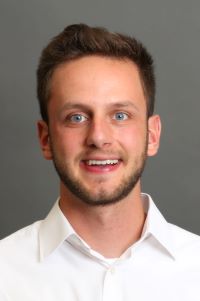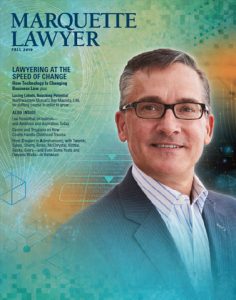Autonomous Vehicle Malfunctions May Not Be So Complicated After All
 NTSB’s Final Report on Pedestrian Fatality Involving an Uber AV Highlights Obvious Programming Missteps
NTSB’s Final Report on Pedestrian Fatality Involving an Uber AV Highlights Obvious Programming Missteps
On a dark street in Tempe, Arizona just before 10 p.m. on March 18, 2018, an Uber vehicle being tested in autonomous mode hit and killed a pedestrian. This was the first pedestrian fatality involving an autonomous vehicle, and it triggered a media firestorm that caused Uber to suspend its autonomous vehicle program for nine months as it worked with the NTSB to understand the causes of the crash. With the adoption by the NSTB of its final report on the crash on November 19, that work is now complete.
The NTSB’s final report paints a vivid picture of programming and human missteps that belies the argument commonly advanced in legal scholarship about AV liability — that crashes involving AVs will be impossible for the judges, juries, and doctrines that make up our current system of tort law to “understand.” Indeed, the errors that led to the crash were all too simple.

 Our student guest blogger for January is 1L Robert Ernest. Before attending law school, Robert worked in youth ministry and ran his own business renting out bounce houses. He has a B.A. in philosophy from the University of St. Thomas, and in his free time enjoys traveling, cooking, hiking, and rock climbing. Welcome Robert!
Our student guest blogger for January is 1L Robert Ernest. Before attending law school, Robert worked in youth ministry and ran his own business renting out bounce houses. He has a B.A. in philosophy from the University of St. Thomas, and in his free time enjoys traveling, cooking, hiking, and rock climbing. Welcome Robert! Navigating your path as a lawyer—the new Marquette Lawyer magazine offers approaches to how you might do that.
Navigating your path as a lawyer—the new Marquette Lawyer magazine offers approaches to how you might do that.